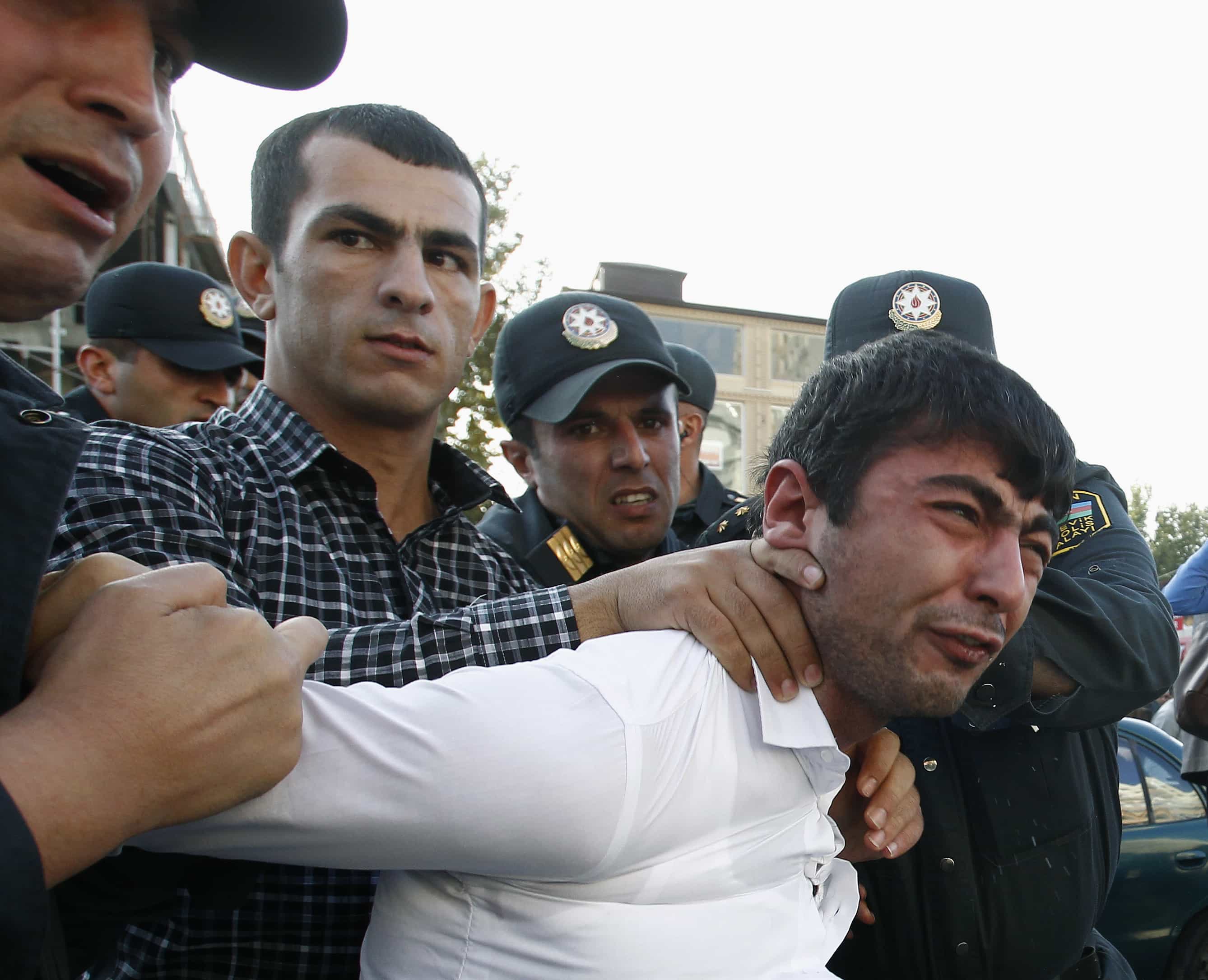
Under pressure: A timeline of civil society repression during Azerbaijan’s Council of Europe chairmanship
Cases of detention, sentencing and imprisonment of dissidents have been taking place during the period that Azerbaijan is meant to be leading the rest of Europe towards a greater respect for human rights.
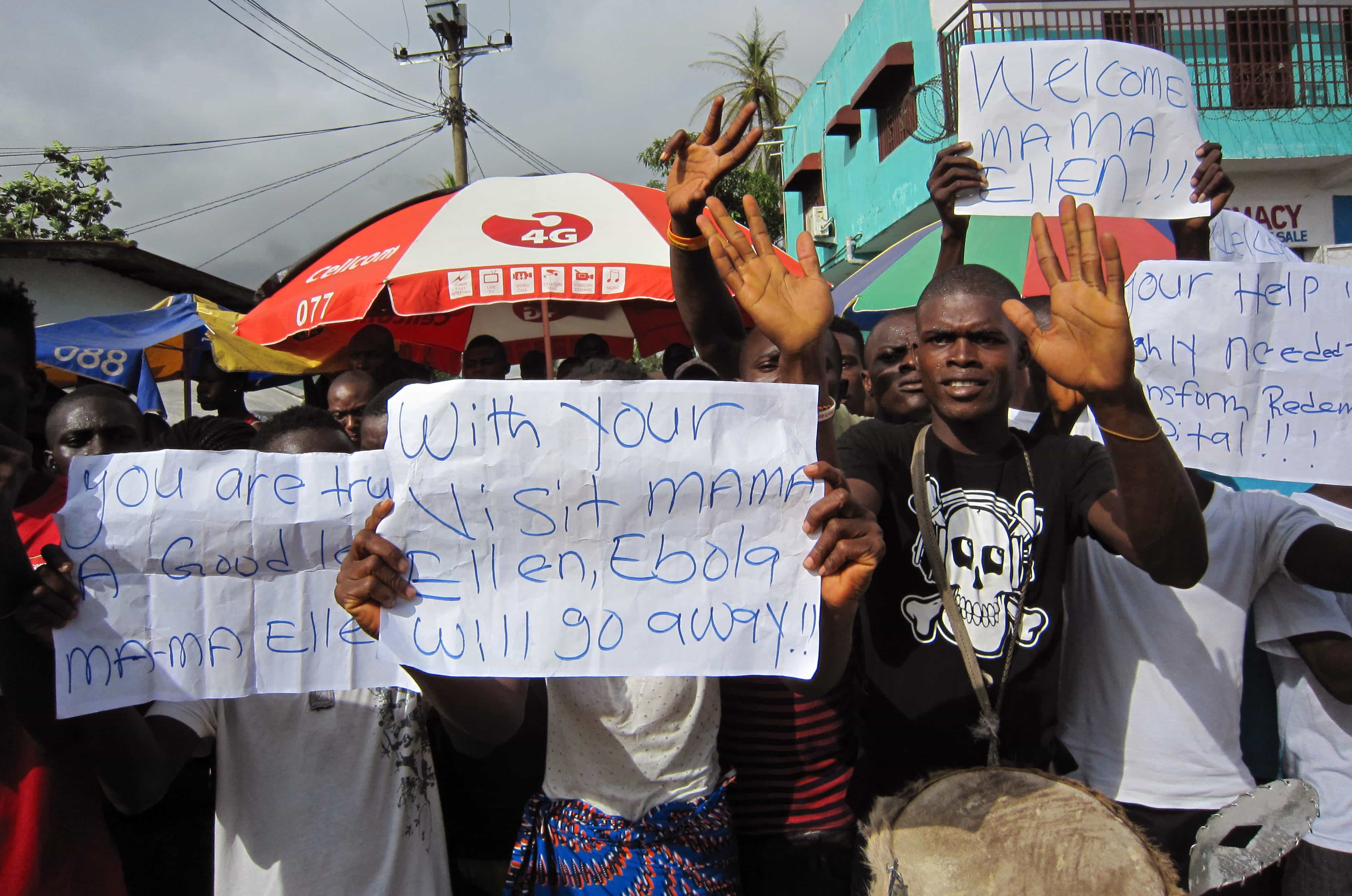
Access to timely, accurate information is critical to Ebola response
Media crackdowns in Liberia and Sierra Leone may be cutting off access to potentially life-saving information about Ebola.

How “The Right to be Forgotten” affects privacy and free expression
IFEX members reflect on the broader implications of “The Right to be Forgotten” ruling, which allows individuals to demand that embarrassing information about themselves be removed from search engine results.
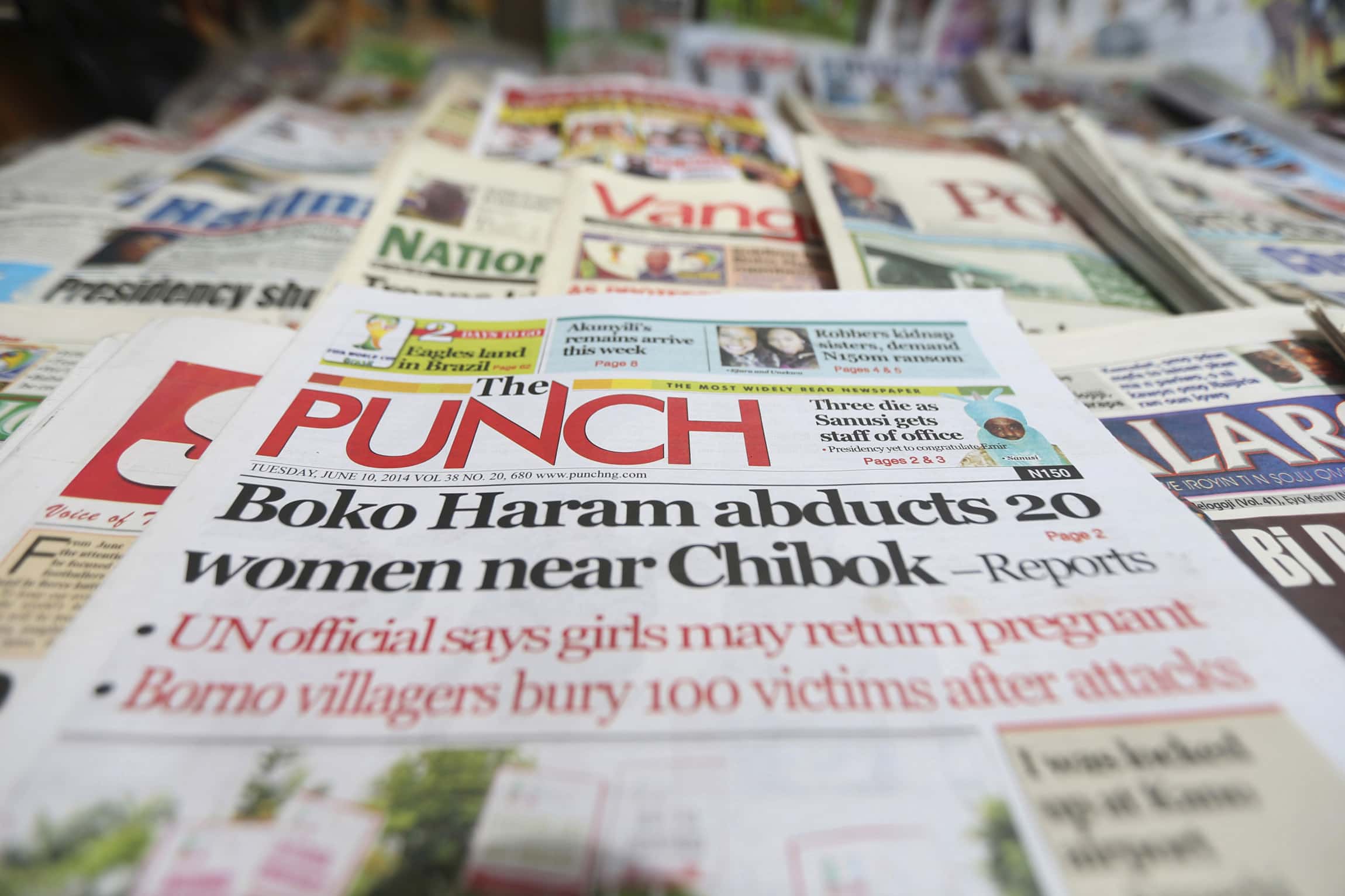
Crackdown on Nigerian media suppresses critical reporting on Boko Haram
Over the past two weeks, Nigerian military and police have detained journalists, confiscated print publications and intercepted vehicles in an attempt to halt the circulation of critical information.
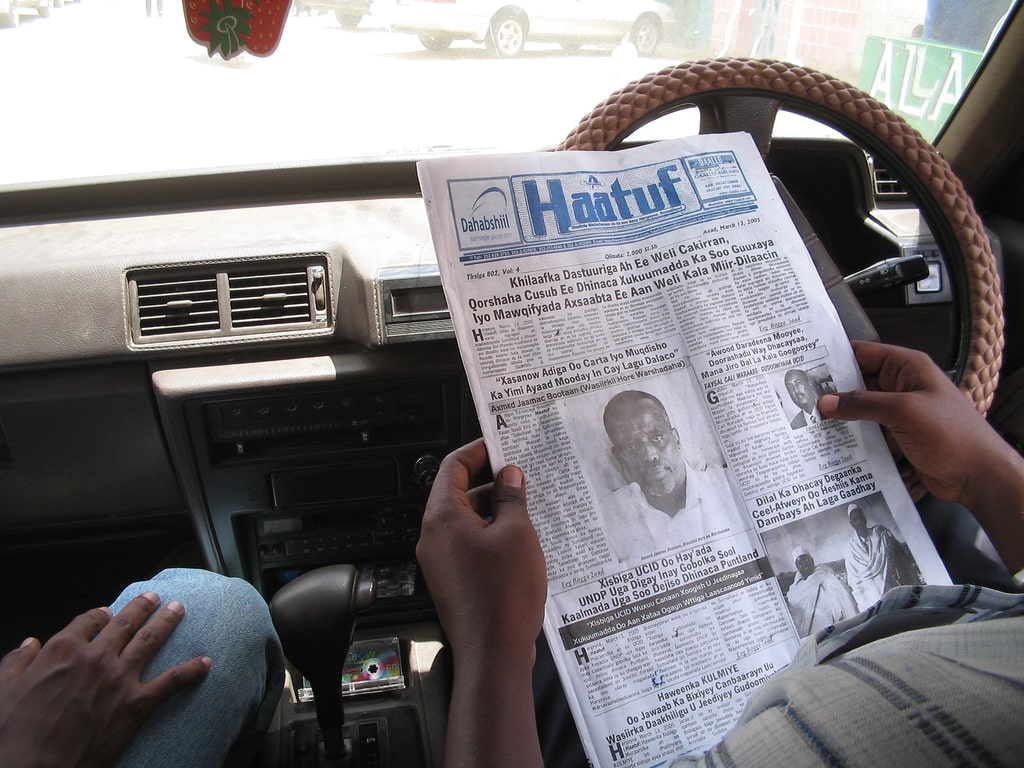
Podcast: Independent media silenced in Somaliland
In this podcast, representatives from two IFEX member organisations and a group in Somaliland provide context for the recent shutdown of Haatuf newspaper and The Somaliland Times, and consider how and if the trend can be reversed.
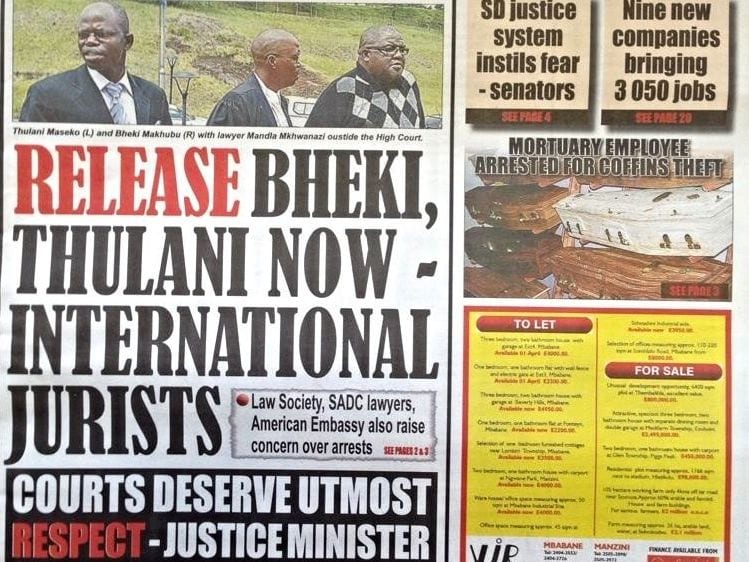
Arrest, release, repeat: A timeline of Bheki Makhubu and Thulani Maseko’s case
The timeline below is not just a chronology of the events surrounding Maseko and Makhubu’s case; it is also an example of what legal labyrinths can open up when someone speaks out against the Swazi government and the justice system itself.
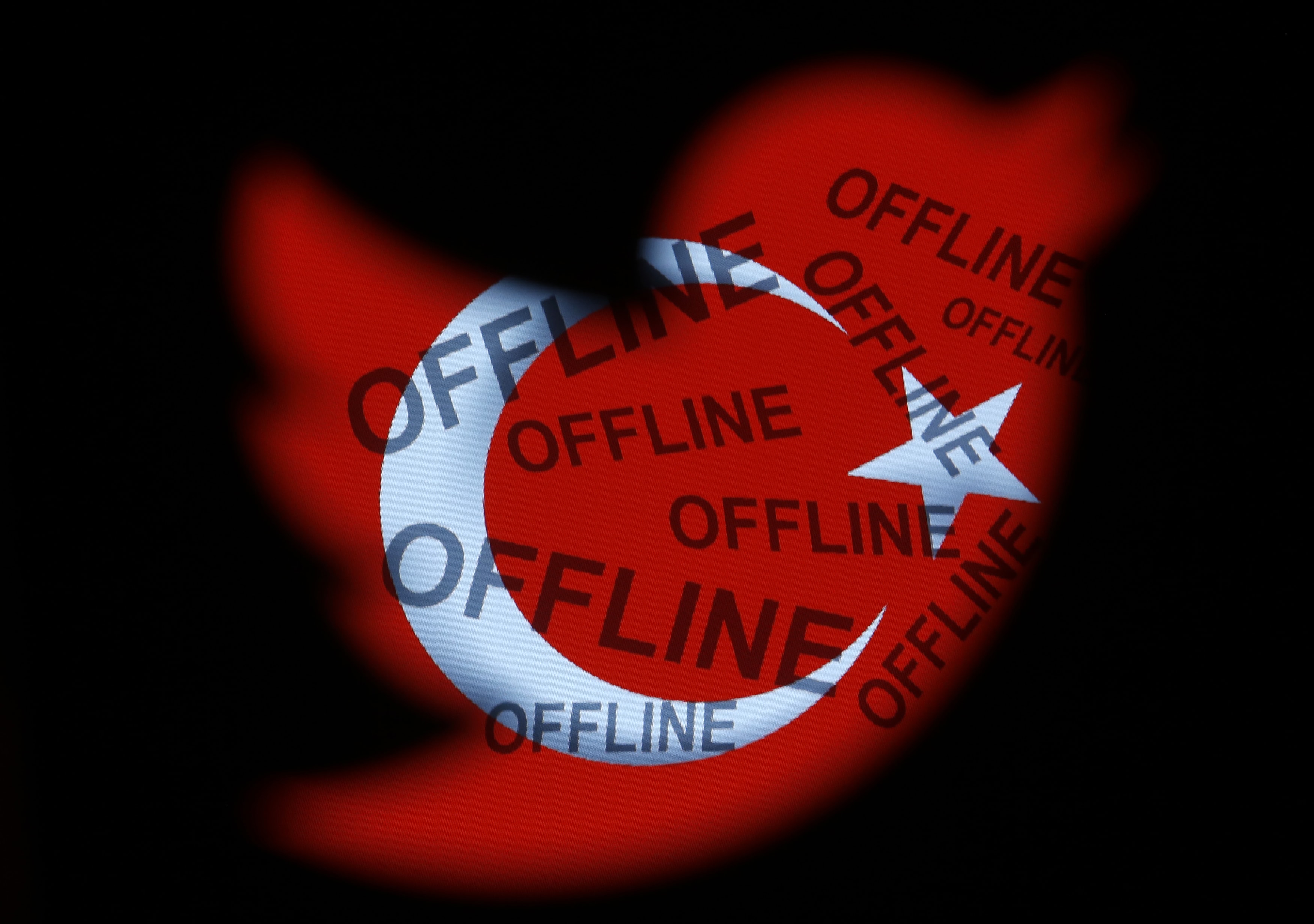
Turkey shuts down Twitter, court overturns ban five days later
The Twitter shutdown came six weeks after the Turkish Parliament passed a series of amendments to existing Internet legislation, known as Law 5651, that impose alarming restrictions on digital liberties and freedom of expression.
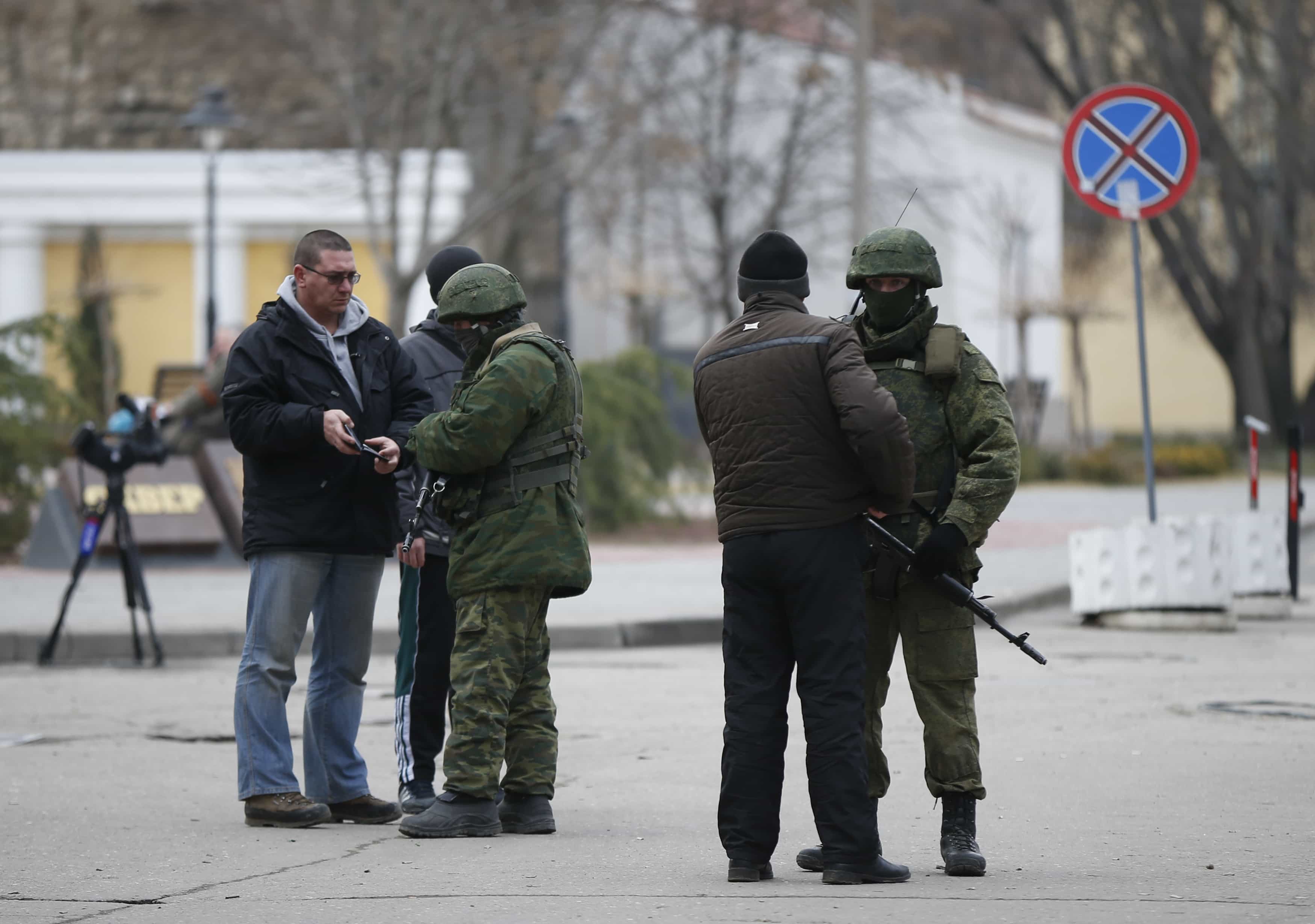
Access to information a casualty as Russian troops invade Crimea
Ever since Russian military troops entered the autonomous parliamentary republic of Crimea, local TV channels have been intimidated, camera operators have been beaten and websites have been targeted by DDoS attacks.
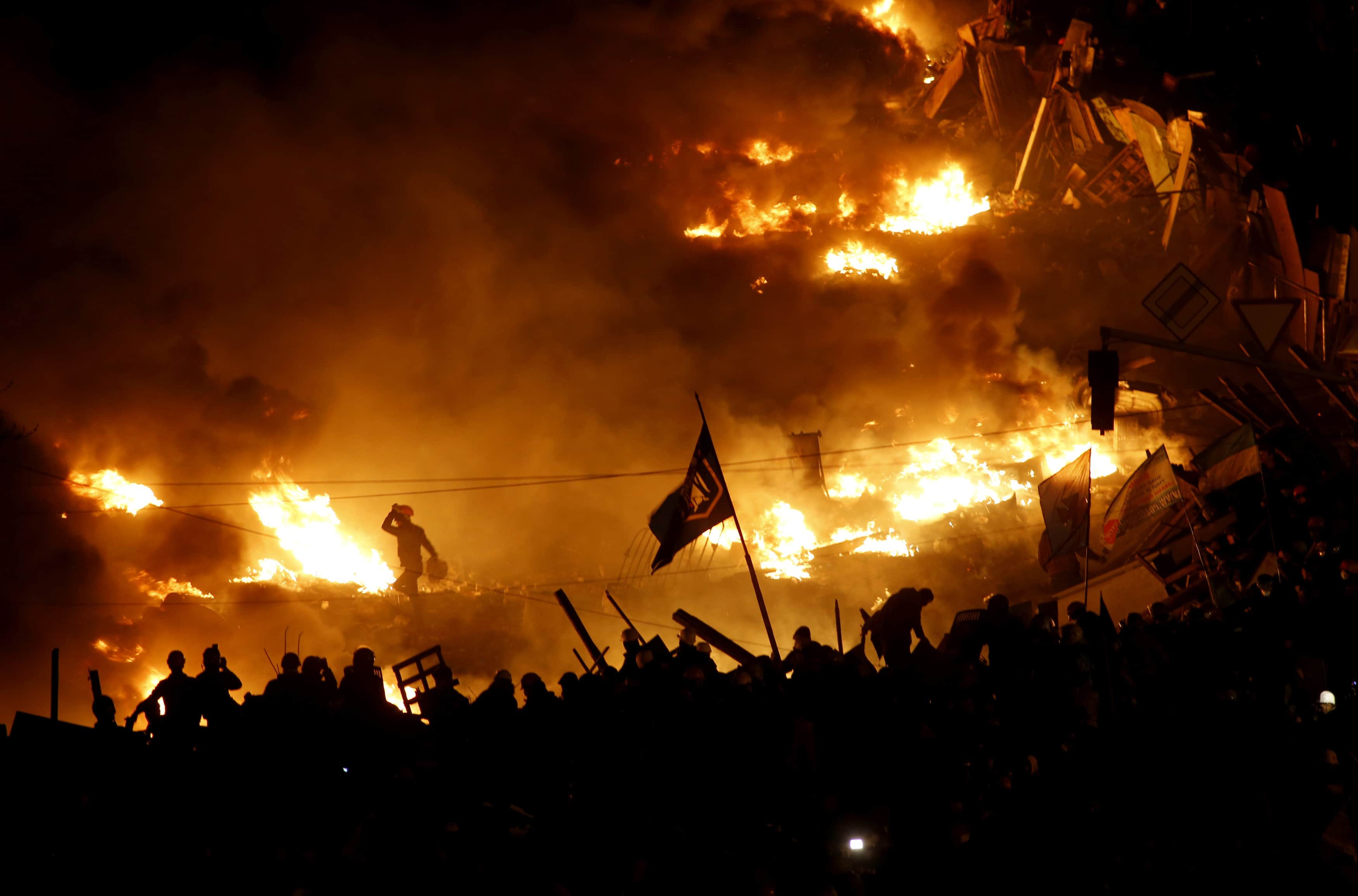
One journalist killed, 27 others injured as Ukrainian protests ignite
Vyacheslav Veremyi’s death is a tragic outcome of the social unrest that has overtaken Ukraine since November 2013, when citizens began demonstrating against President Viktor Yanukovych’s decision not to sign EU trade agreements.
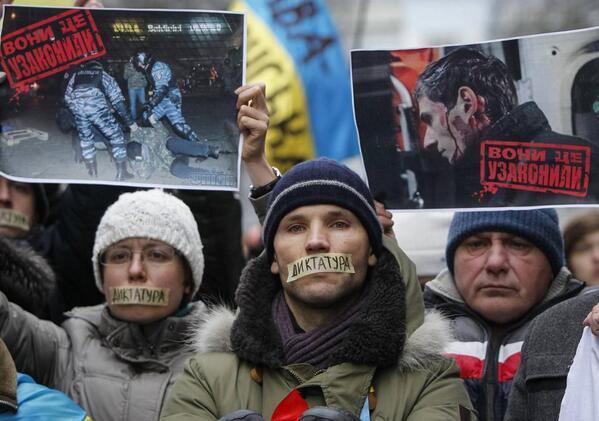
Everything is under control: New Ukrainian law stifles dissent and debate
Described by local civil society groups as the “legal establishment of dictatorship,” Law 3879 cracks down on protests, access to information and digital rights.
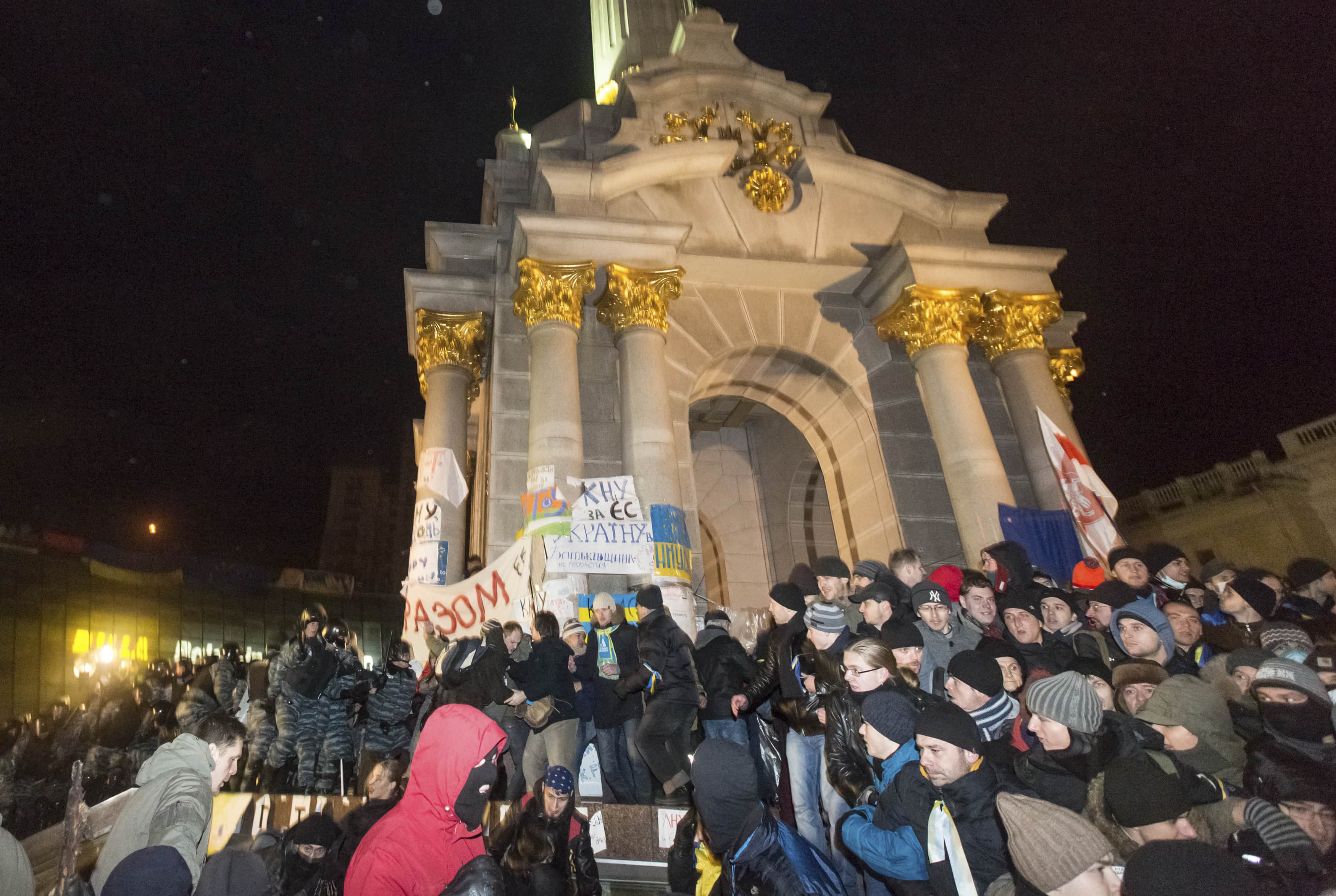
Ukraine: Over 50 journalists injured as riot police clamp down on mass protests
Media workers in Ukraine have been injured by rocks, flash grenades and gas pellets in their attempt to cover mass demonstrations against the reversal of President Viktor Yanukovych’s decision to sign trade agreements with the EU.
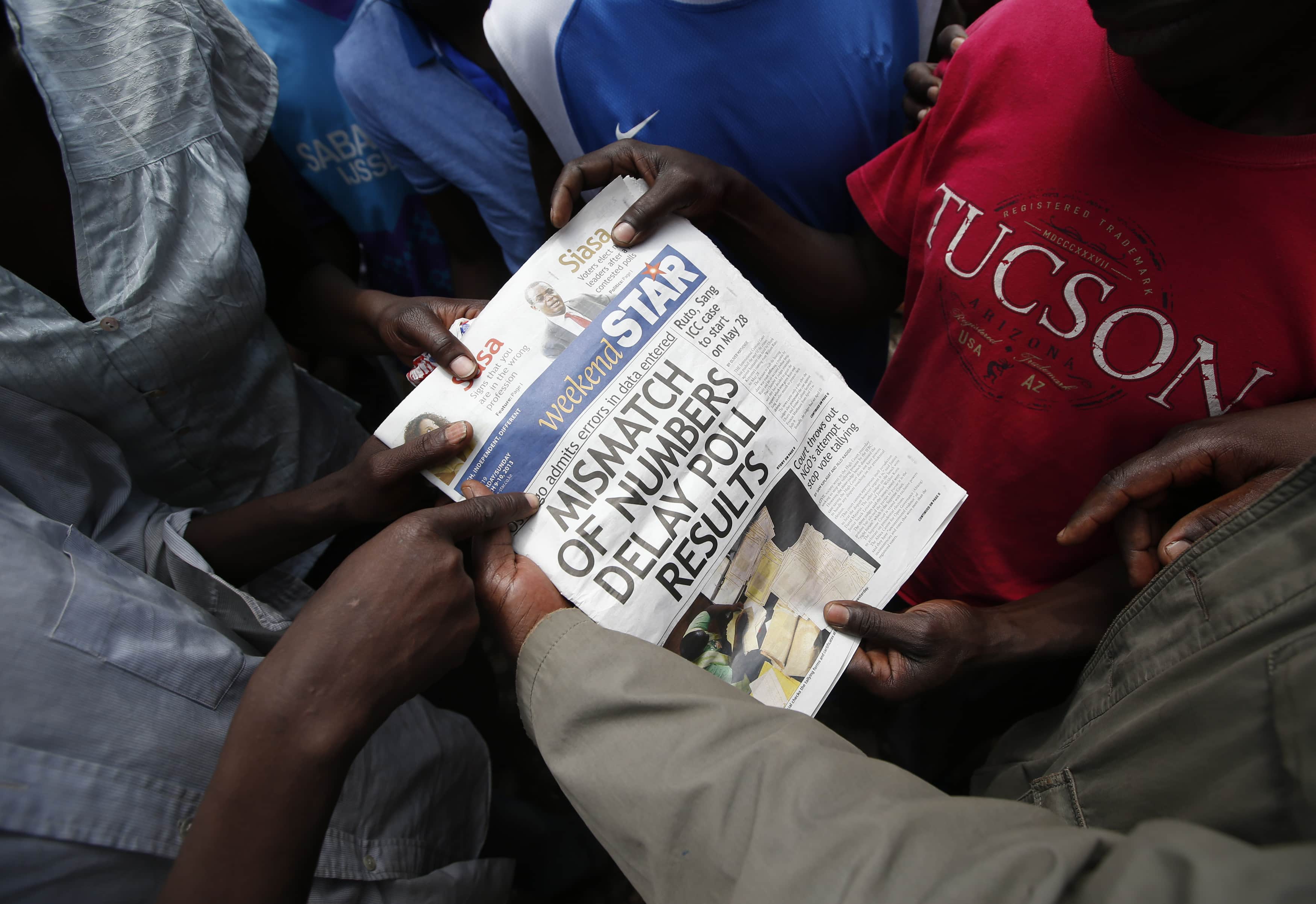
Kenyan media face fines, prison terms under proposed media bills
The Information and Communications Bill would impose fines of up to US $235,000 on media groups who breach a code of conduct, while the Media Council Bill would allow content to be banned if it is considered “prejudicial to public or national interest.”
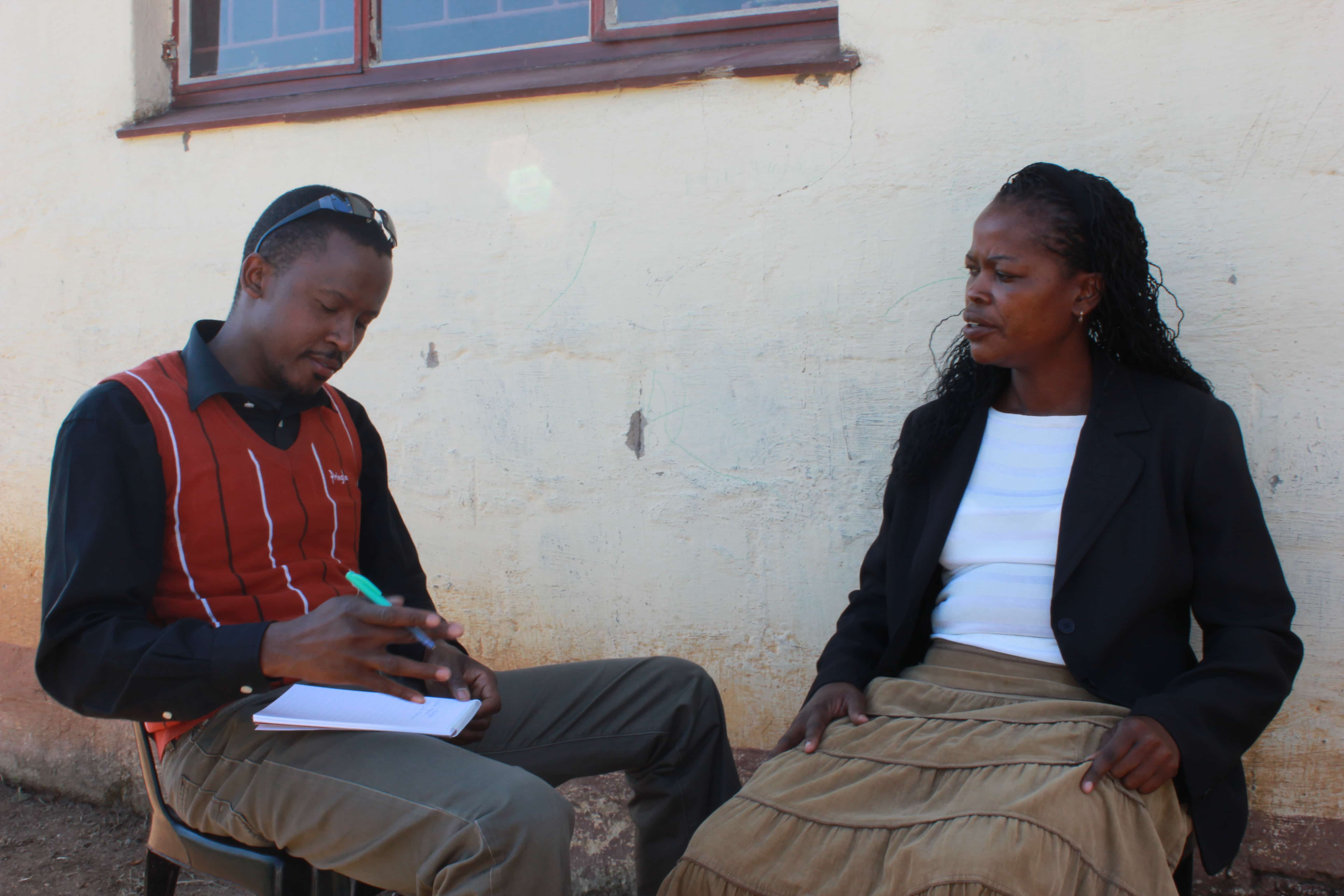
Thoughts on media freedom under Swaziland’s “monarchical democracy”
Representatives from the Media Institute of Southern Africa-Swaziland, Reporters Without Borders and Freedom House speak to IFEX about press freedom in Swaziland, in light of the recent elections.
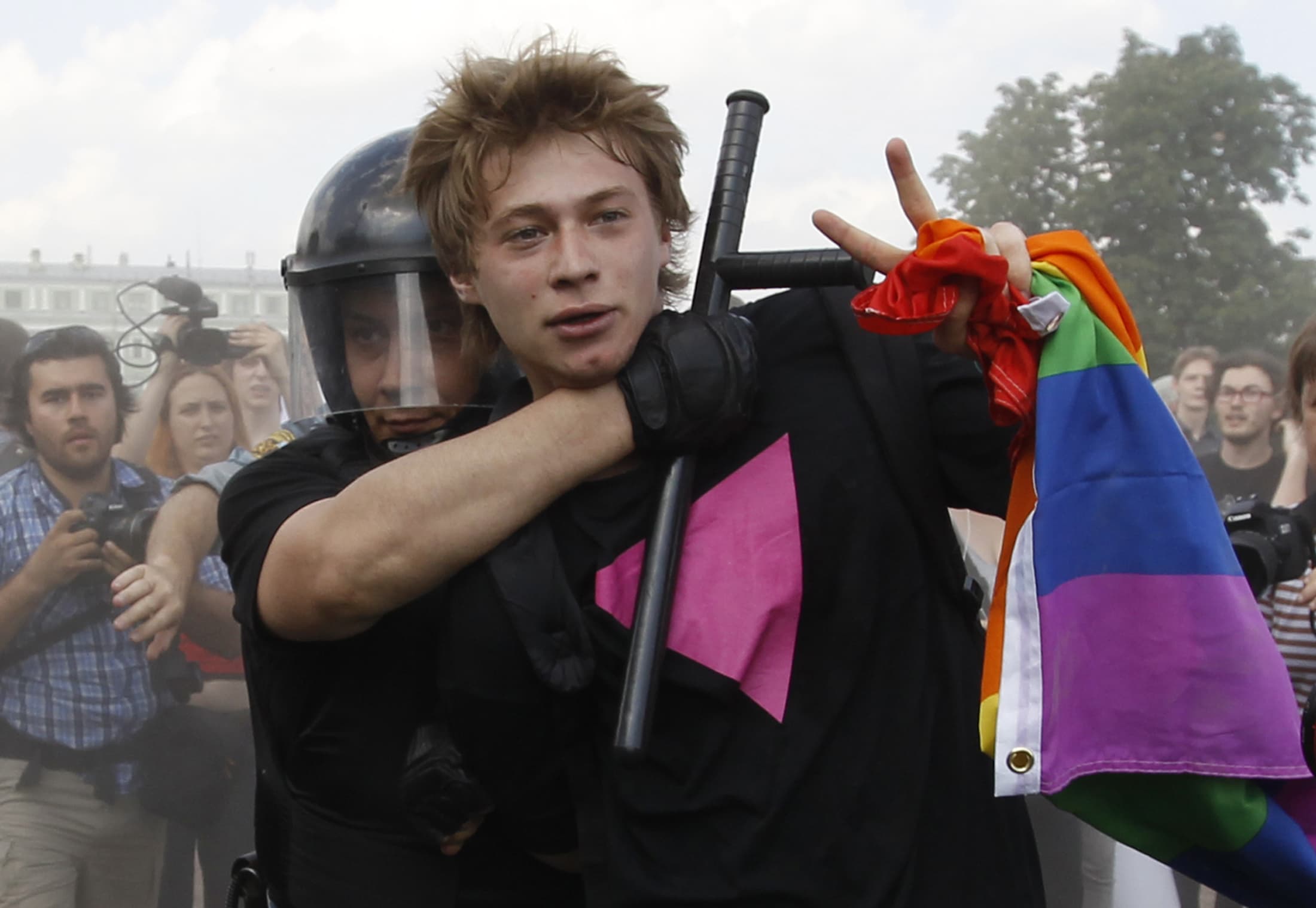
G20 leaders urged to denounce discriminatory laws, human rights abuses in Russia
On the eve of the G20 Leaders’ Summit in St. Petersburg, human rights organisations are calling on world leaders to denounce Russian laws that discriminate against LGBTI people and prevent non-governmental organisations from doing their work.
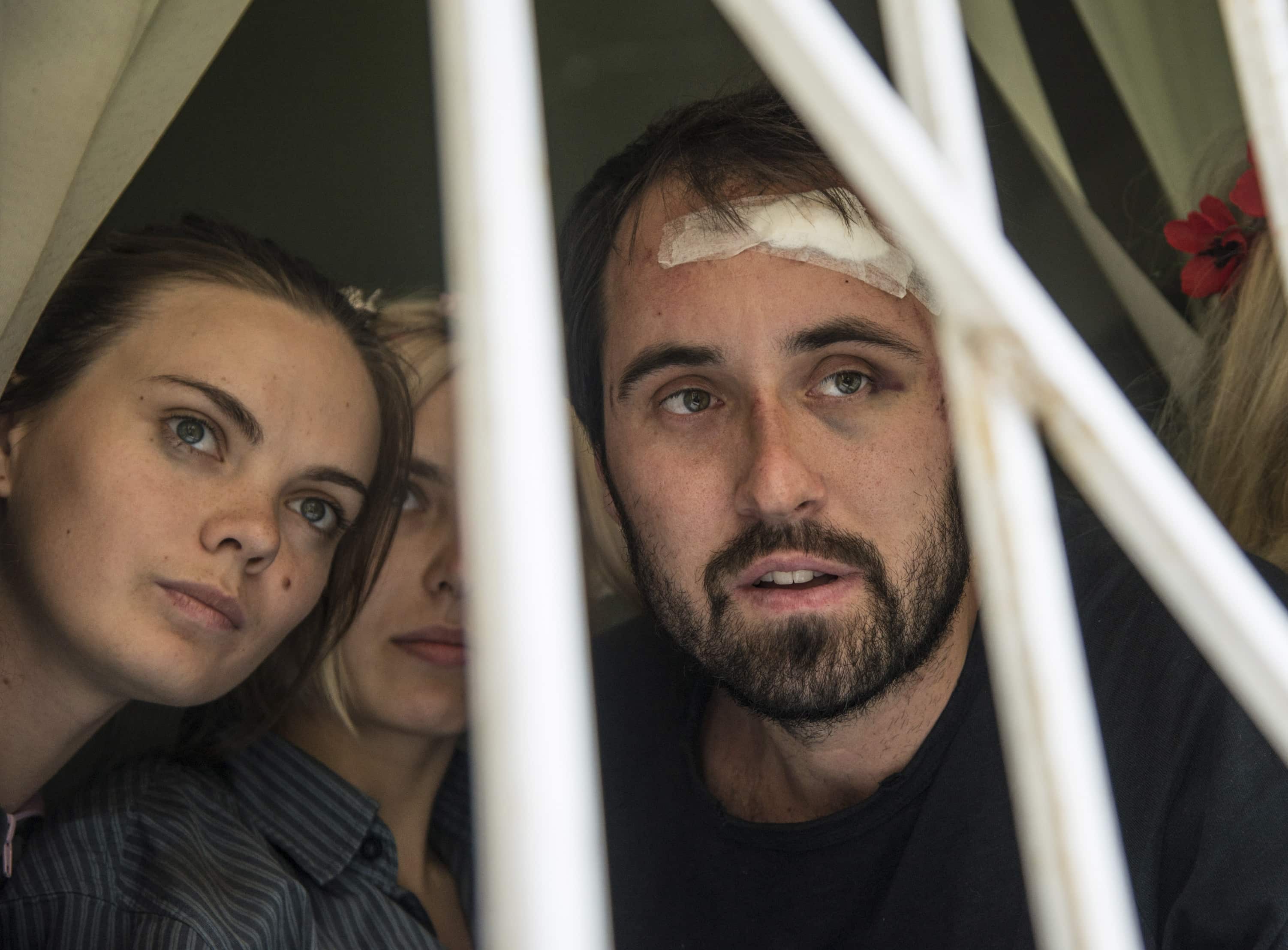
Ukrainian journalists and activists face increasing attacks, arrests
Over the last month, at least five reporters in Ukraine have been attacked in apparent connection to their work, while scores of activists have been detained.
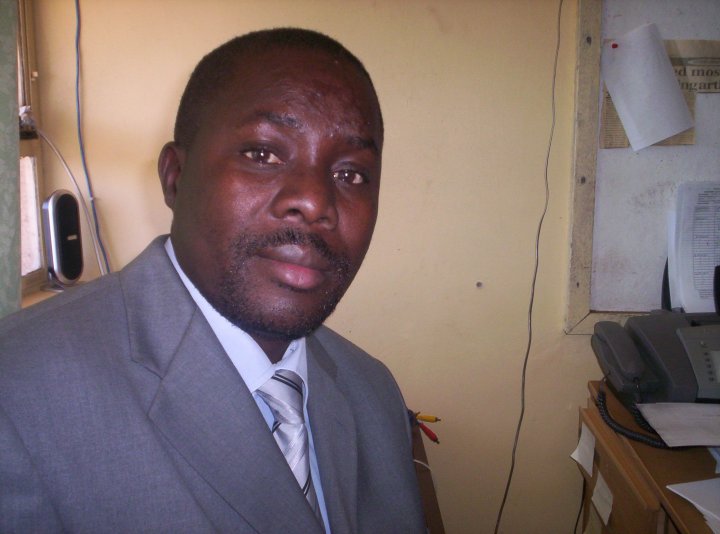
Zambian authorities block critical news site, arrest reporters
Actions taken by Zambian authorities against three journalists are the latest in a series of escalating tactics against the “Zambian Watchdog”. Clayson Hamasaka, Thomas Zyambo and Wilson Pondamali have been detained out of suspicion that they are affiliated with the website.